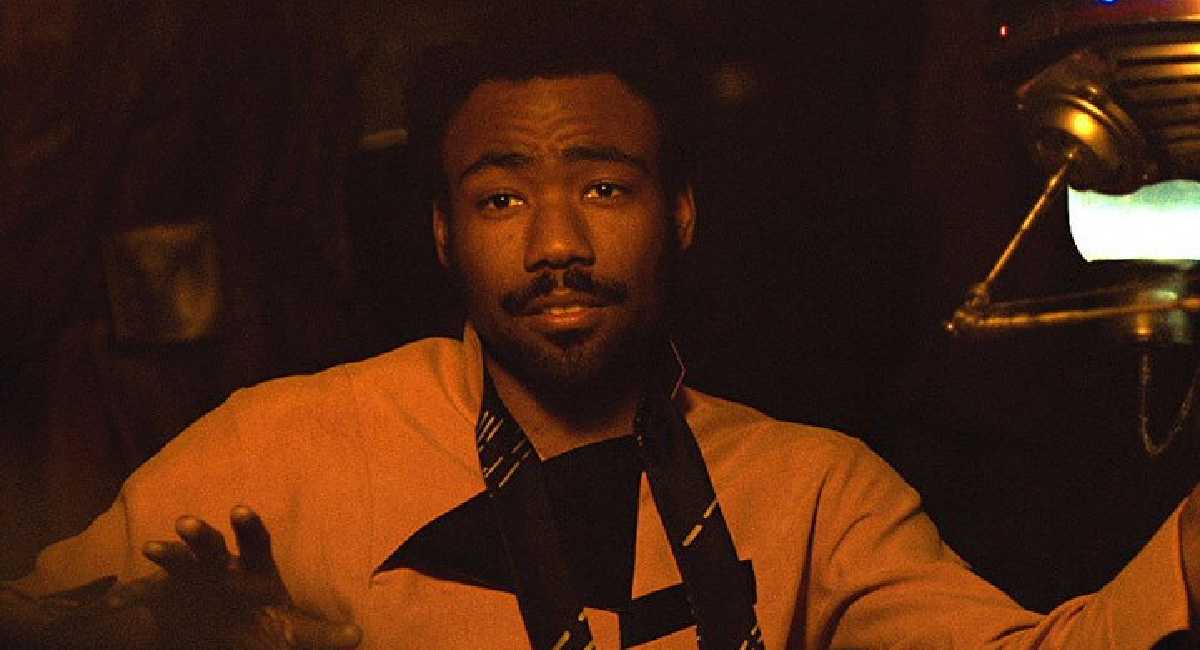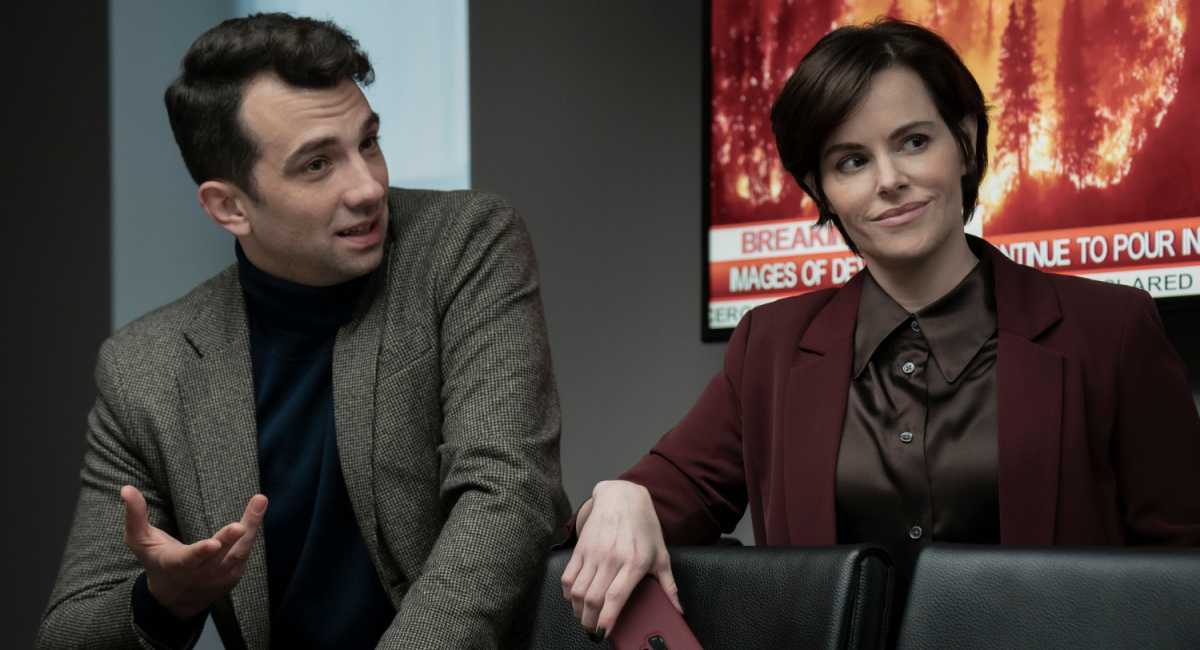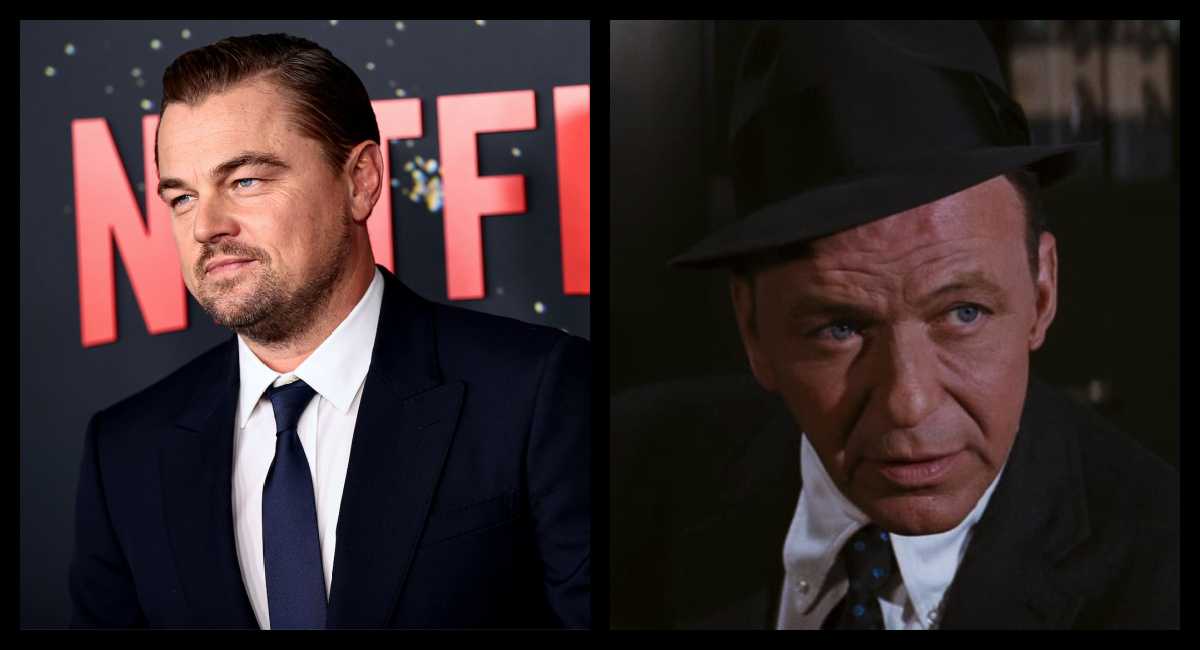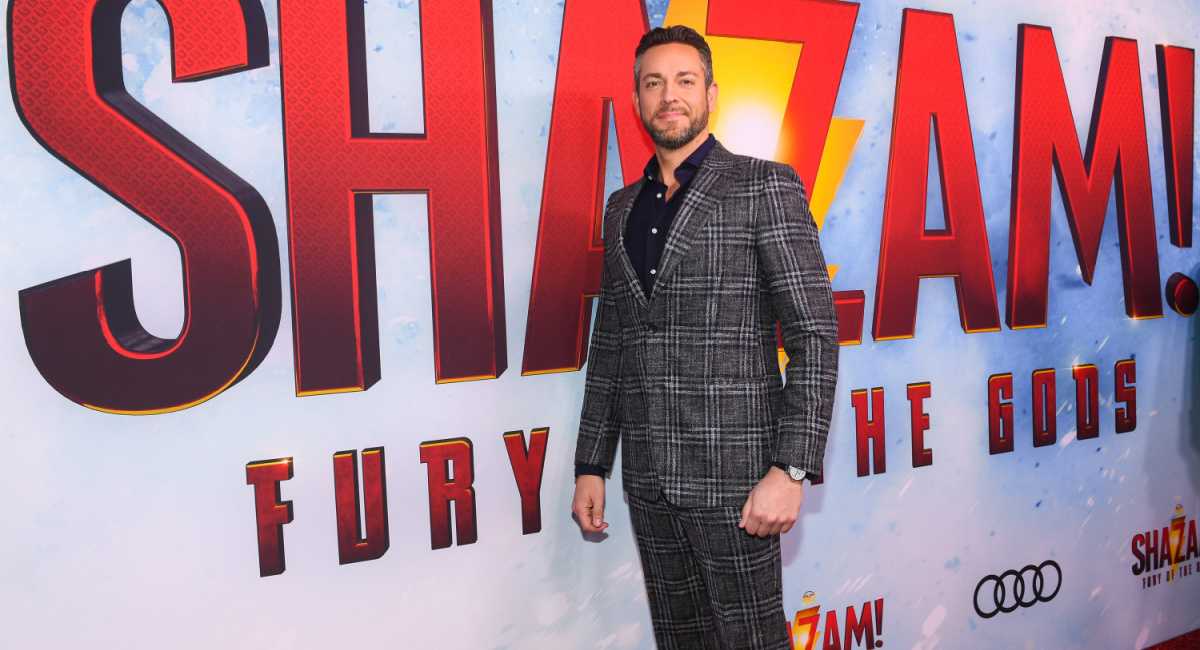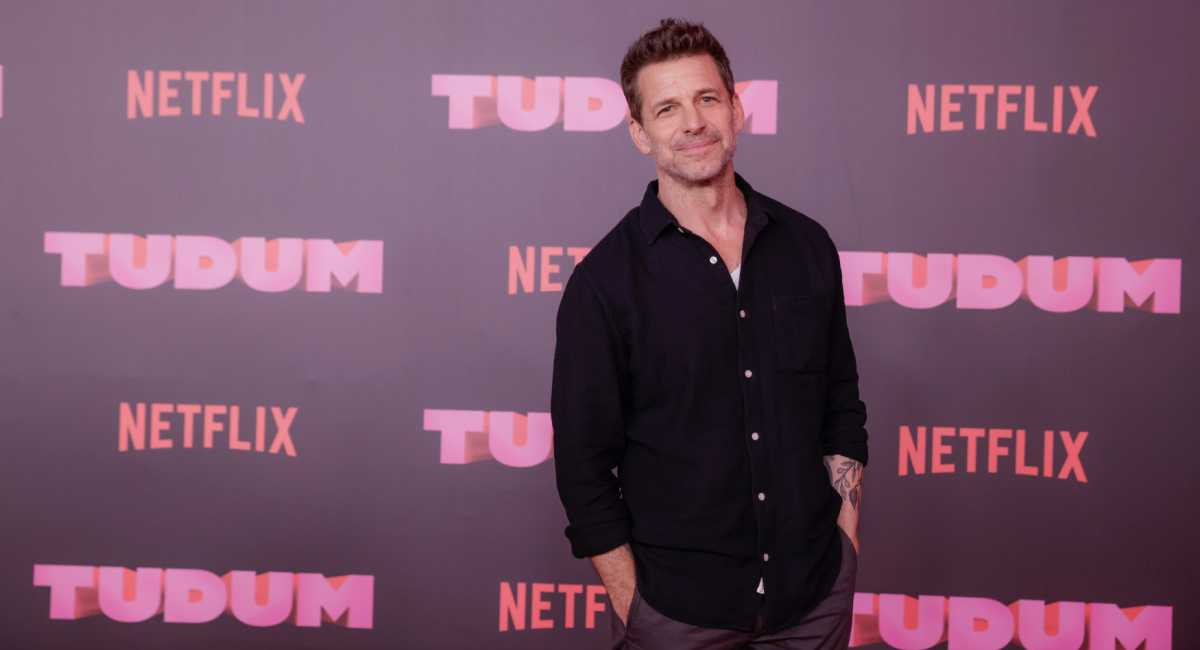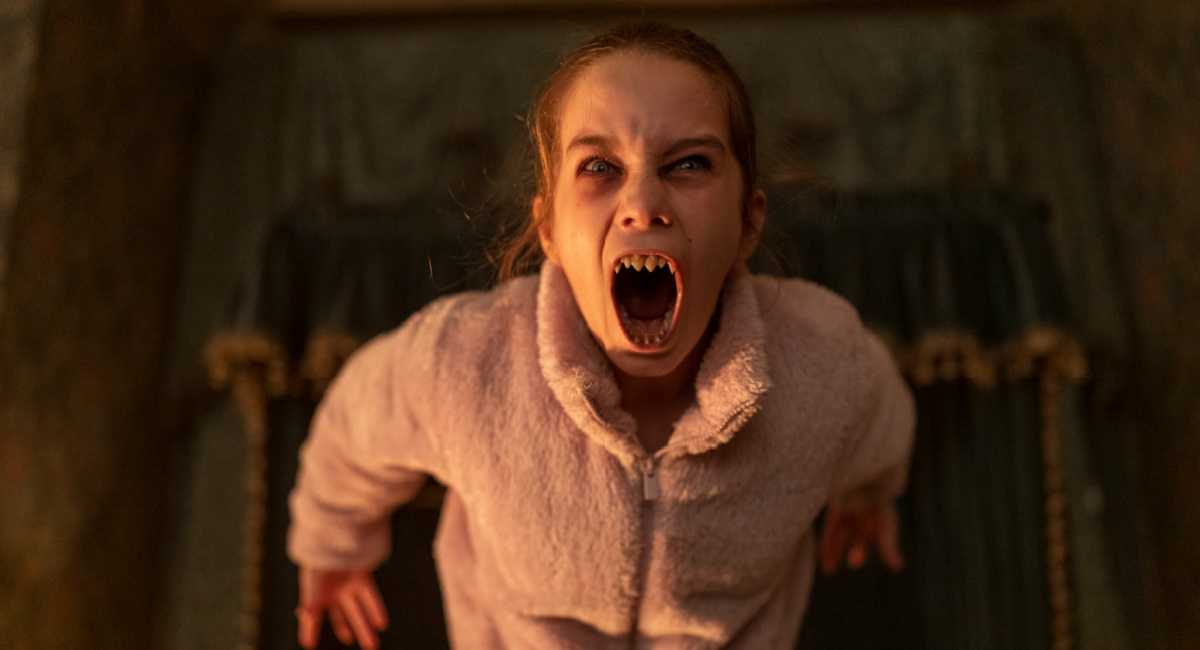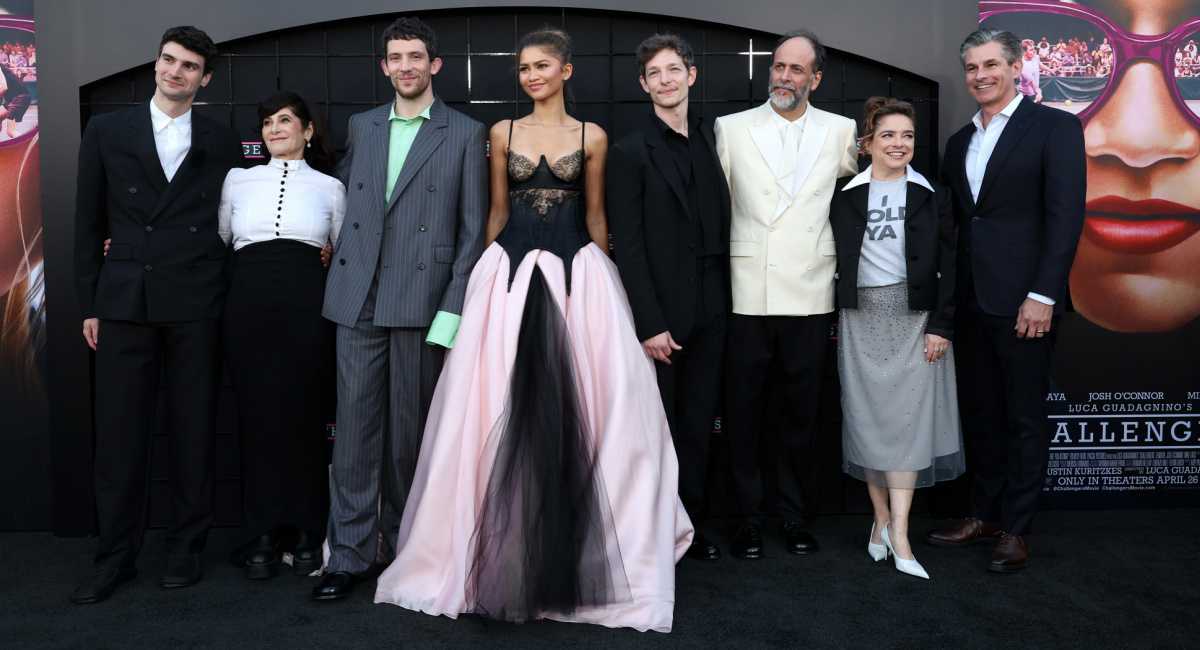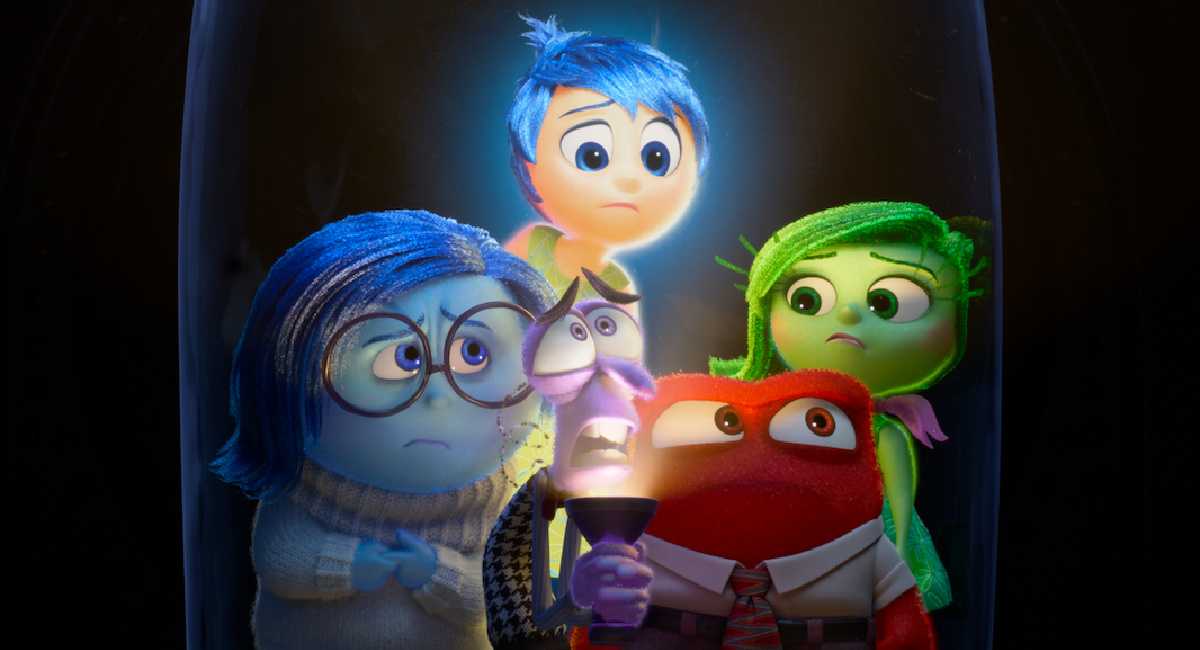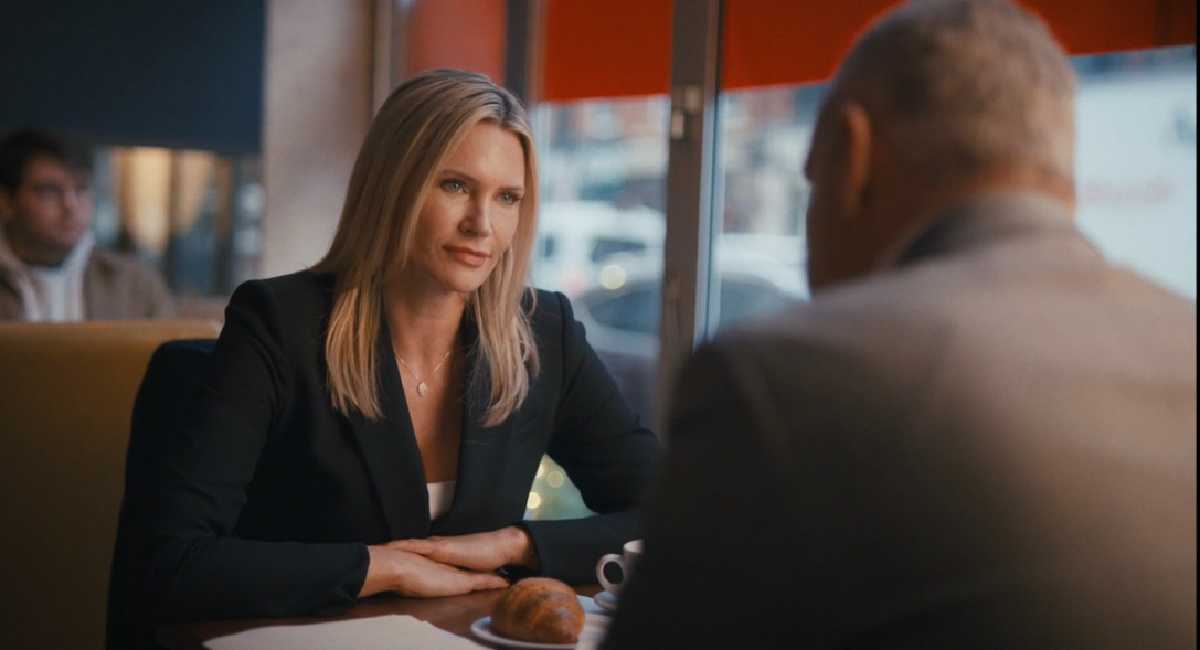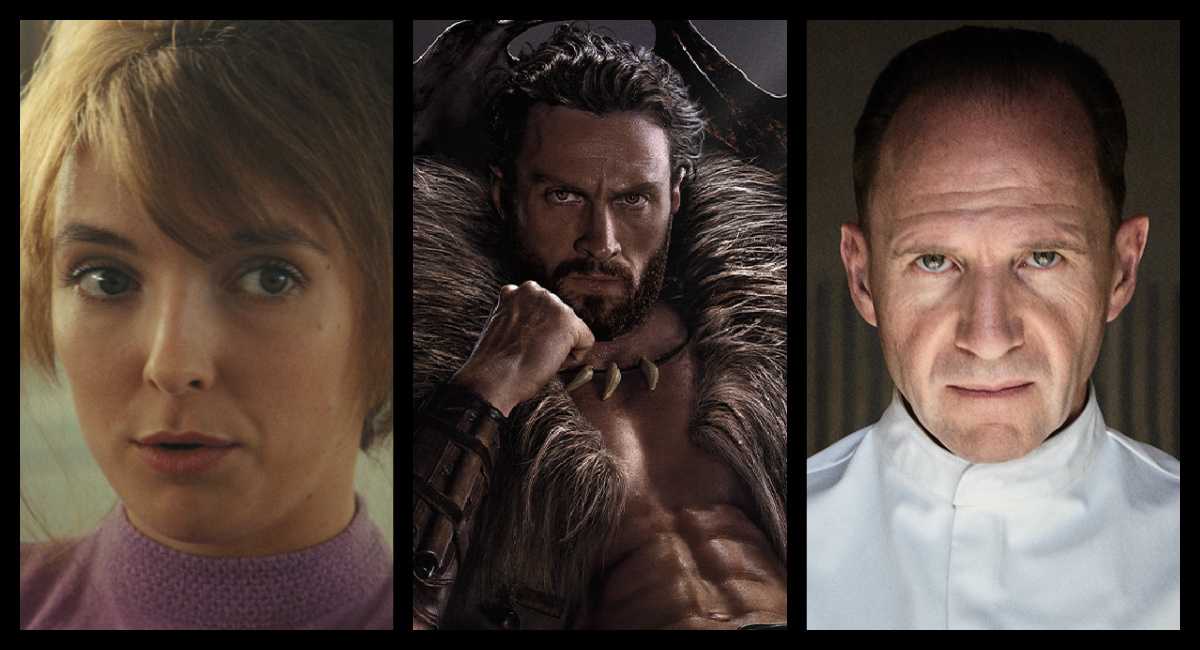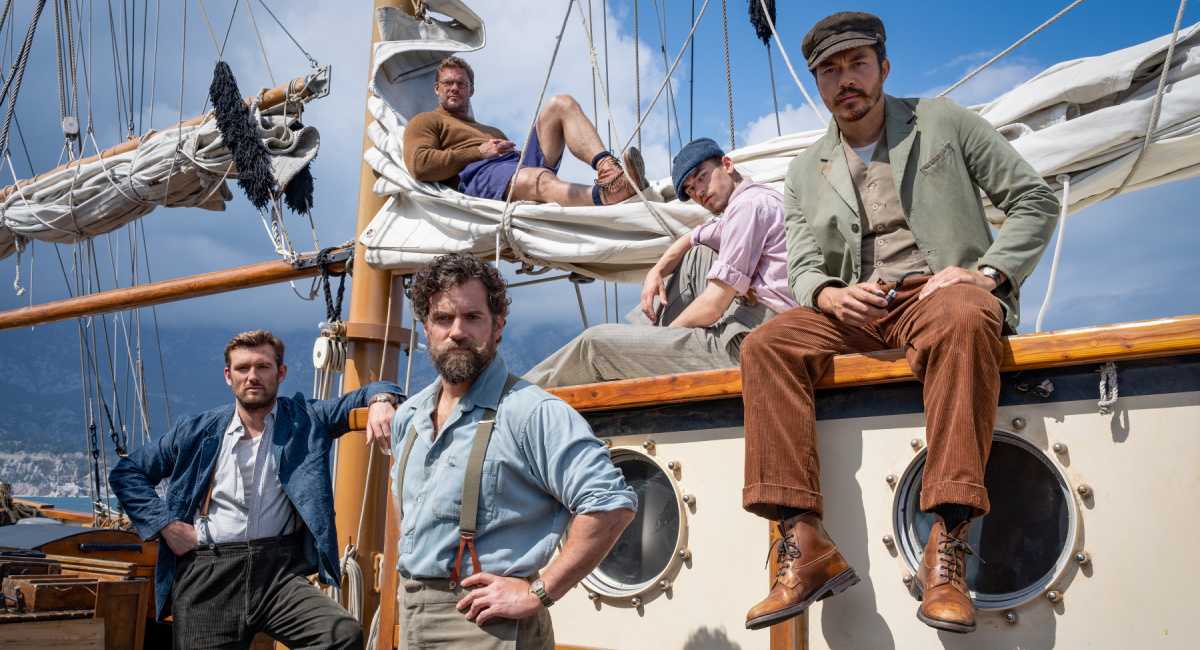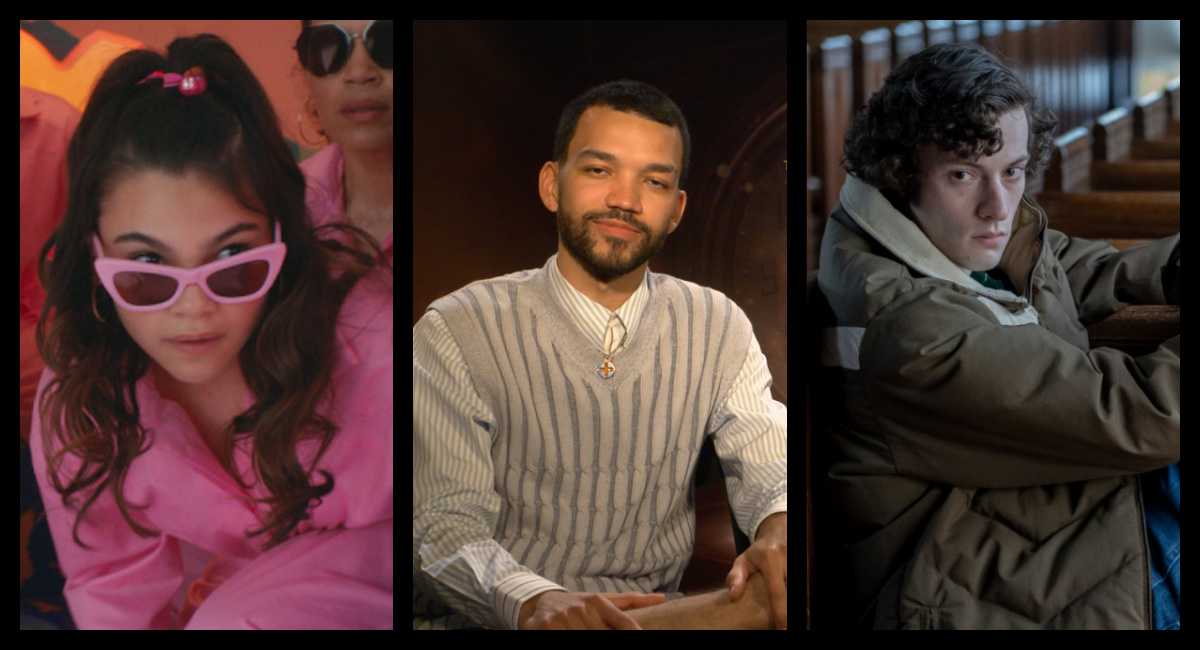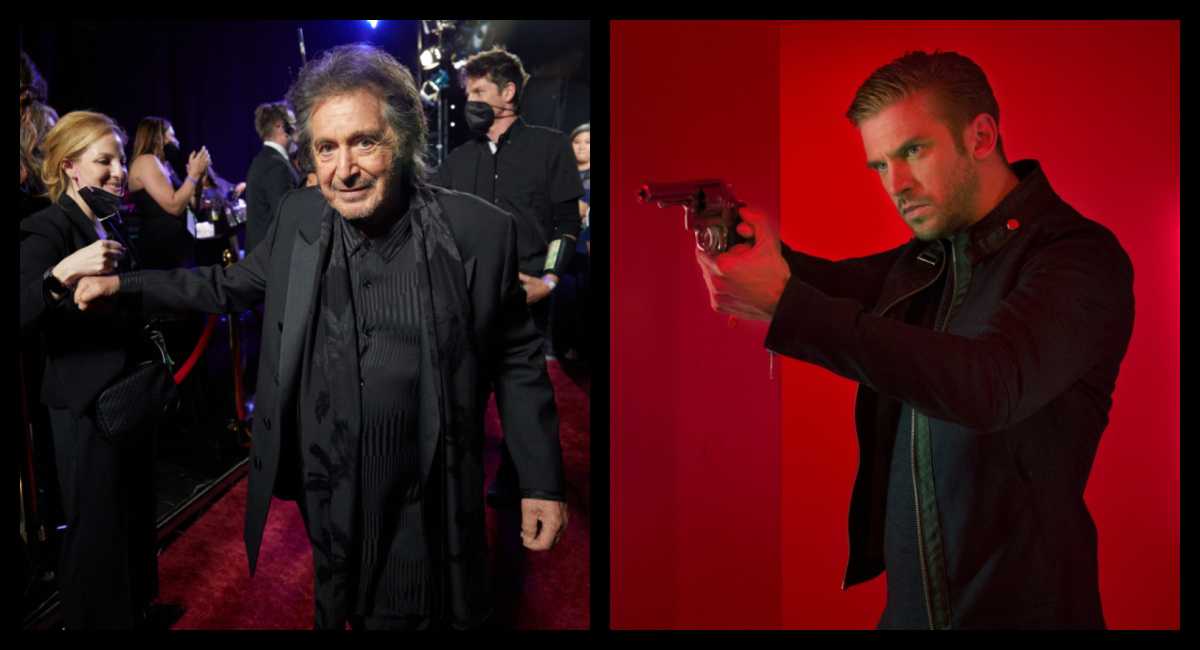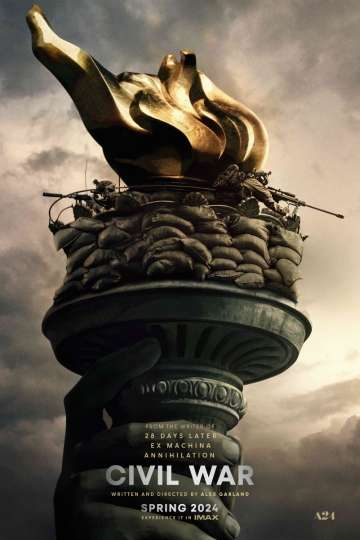'Solo: A Star Wars Story' Review: Action Packed, Sure, but What's the Point?
Though it's officially a prequel to the events of the Original Star Wars Trilogy, "Solo: A Star Wars Story" is a film better suited for the "Indiana Jones" universe, since it's basically a feature-length version of the opening sequence of "Last Crusade" -- a methodical and unsurprising breakdown of the most noteworthy events in the title character's life before we met him.
Do you want to know where Han got his blaster? How he won the Millennium Falcon from Lando Calrissian in a game of sabacc? Or when and how he did the Kessel Run in less than 12 parsecs? Rest not ye students of canon mythology, it's all here. A film comprised entirely of information whose significance was determined decades ago, "Solo" explores the events that shaped the once and future Han Solo, but seems actively at war with itself over how much to humanize the most irresistible rogue in the galaxy.
Alden Ehrenreich ("Hail, Caesar!") plays Solo, a scrappy thief who escapes from a planet where orphans like him are sold into slavery to join the Imperial army as a pilot. Three years later, he's a faceless infantryman still staring at the stars from on the ground, but after meeting a smuggler named Tobias Beckett (Woody Harrelson), Han enlists a disgruntled Wookiee named Chewbacca (Joonas Suotamo) to get him out of the military stockades and brokers a deal for the pair of them to join Beckett's crew.
Their first outing as a team ends unsuccessfully, but Beckett's employer, crime lord Dryden Vos (Paul Bettany), offers them once chance for redemption: either retrieve a rare, volatile type of fuel from a mining colony in a remote, virtually inaccessible part of the galaxy, or die. Teaming up with Vos' lieutenant Qi'ra (Emilia Clarke) and a dashing sportsman named Lando (Donald Glover) who owns the self-proclaimed "fastest ship in the galaxy," Han, Chewie, and Tobias set out for parts unknown, with the Empire hot on their heels and an uncertain future as wanted criminals on the horizon.
Directed by Ron Howard after Phil Lord and Chris Miller parted ways with producer Kathleen Kennedy over creative differences, "Solo" chugs along with the understated proficiency of most of the filmmaker's movies, and -- unfortunately -- not much more energy than that.
Part of the film's problem is a larger existential question that plagues the franchise as a whole -- how much of its past to focus on, and how much on its possible futures. But Howard seems unwilling to offer any answers, while screenwriters Lawrence and Jonathan Kasdan struggle to fill in the details around Solo's formative moments without undermining either the relationships he'll later forge or even just the personality of the character that Harrison Ford so memorably created in the first three films.
For all intents and purposes, Han and Leia is the series' defining romance; do we really want to watch him fall in love with another woman? And even if we don't mind, how far can you push his vulnerability before it betrays the goofy, fearless, headstrong character who's charmed audiences for literal generations?
To be fair, the best way to look at "Solo" is probably as a footnote to the original trilogy, and it's reasonable that many younger viewers coming into the film may form stronger attachments to this new installment than its predecessors. But even as a rousing adventure that just happens to bear a "Star Wars" tramp stamp, the film is, visually, shockingly ugly: From start to finish, scenes are defined largely by the number of shades of brown that can appear in a given frame, or in lieu of that, how many smoke machines can be employed at one time.
Each set piece feels a little too long, as if they were all shot to completion and then somebody decided they all needed One More Twist to make them extra special and that much more exciting. Instead, they drag, overcomplicating what could have been great character-defining moments for different members of the ensemble, or even just a welcome addition to the franchise's expansive history of fun, fast-paced action scenes.
Ehrenreich had my vote as Han from the moment I saw him face down an exasperated Ralph Fiennes in "Hail, Caesar!," but I'm not sure if it's a good or bad thing that he doesn't quite fit into Han's legendary shoes as snugly as he should. Thankfully, he avoids doing any sort of impersonation of Ford, but he meets the challenge of inhabiting a younger, less fully formed "scoundrel" by leaning on the character's obstinacy in kind of the exact right ways that a kid would mistake for bravado.
As Qi'ra, Clarke is tasked with the thankless responsibility of being Han's first love, and the Kasdans imbue her role with the necessary complexity to undercut any notions of traditional romance, but the actress doesn't have a lot to offer the movie other than as connective tissue between the title character's solo journey and the rest of the "Star Wars" universe.
Glover is predictably wonderful as Lando, whose experience as a "sportsman" and hustler is more fully developed than Han's; he really captures Billy Dee Williams' unctuous, probably-shouldn't-work-but-it-does charm, and threatens to steal almost every scene in which he appears.
But Phoebe Waller-Bridge, playing Lando's rabble-rousing service droid L3, is the film's secret weapon. Not only supplying a sorely-needed burst of genuine irreverence as she muses on the stakes of their adventures, but lending a political undercurrent to them as she instigates a revolt in the robot underclass against their human oppressors. Meanwhile, veterans like Harrelson and Bettany contribute solid, reliable turns in their respective roles, but Waller-Bridge remains the movie's big discovery.
As Disney figures out its strategy for the future of the "Star Wars" universe, "Solo" serves as a testing ground for how often and what kind of stories Kennedy and company can tell. Released just six months after Rian Johnson's "The Last Jedi," Howard's film feels like it's arriving too soon; where the franchise once built to bona fide "event" movies, these are now just becoming routine entries in a saga that's picking up speed at the expense of more lasting impact.
For some fans, "Last Jedi" went too far in razing existing mythology to rebuild something new; "Solo" feels like an overcorrection to something too safe. In which case, unless you somehow haven't seen any of the previous films (which feels unlikely), and even without spoilers, audiences will enter the theater already knowing the impact of "Solo," which makes everything in it feel redundant, unexciting, even weightless.
Certainly "Star Wars" will continue to break box office records and dazzle imaginations, and there's no reason it shouldn't -- but, with any luck, from now on it will use that momentum to look forward and not back.
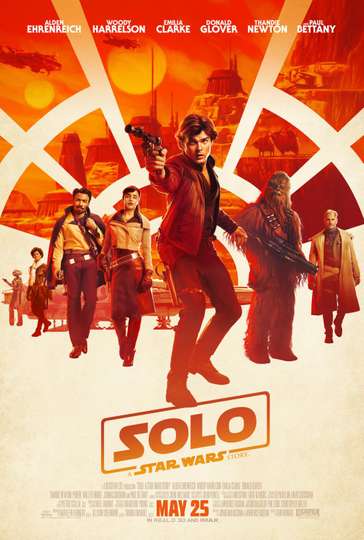
Solo: A Star Wars Story
Through a series of daring escapades deep within a dark and dangerous criminal underworld, Han Solo meets his mighty future copilot Chewbacca and encounters the... Read the Plot

